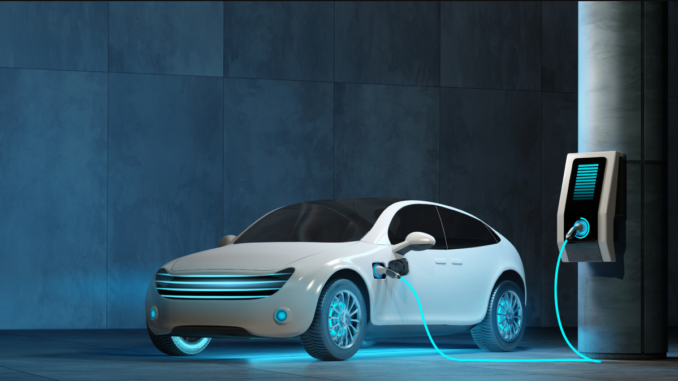
Driving Into the Future: How Electric Vehicles Are Redefining the Auto Industry
The automotive industry is in the midst of a historic transformation, with electric vehicles (EVs) leading the charge. What once seemed like a niche market dominated by eco-conscious drivers and early adopters has now become a global movement toward sustainability, innovation, and smarter transportation. As electric vehicles gain momentum, they are not just changing how we drive—they’re redefining the auto industry itself.
A Shift Toward Sustainability
One of the main driving forces behind the rise of EVs is the urgent need to reduce carbon emissions and combat climate change. Traditional internal combustion engine (ICE) vehicles are among the largest contributors to greenhouse gas emissions. In contrast, electric vehicles produce zero tailpipe emissions and are generally more energy-efficient.
Governments and regulatory bodies around the world are encouraging this shift by offering incentives such as tax breaks, rebates, and grants for EV buyers. Some cities and countries have even announced plans to ban the sale of new gasoline and diesel vehicles in the coming decades. These policies are pushing both automakers and consumers to adopt cleaner, more sustainable options.
Innovation in Vehicle Design and Performance
Modern electric vehicles are not just eco-friendly—they’re also technologically advanced. Automakers are leveraging EV platforms to introduce futuristic features, such as autonomous driving, enhanced connectivity, and advanced driver-assistance systems (ADAS).
Tesla, for example, has set a high benchmark with its over-the-air software updates, sleek minimalist interiors, and high-performance electric powertrains. Other manufacturers like Ford, Volkswagen, Hyundai, and Mercedes-Benz are also rapidly catching up, investing billions in EV development and releasing new models that blend style, performance, and cutting-edge technology.
With electric motors delivering instant torque, EVs offer surprisingly quick acceleration and a smooth, quiet ride. As battery technology continues to improve, driving ranges are increasing and charging times are decreasing, making EVs more practical for everyday use.
Changing the Manufacturing Landscape
The transition to EVs is reshaping the manufacturing side of the auto industry as well. Producing electric vehicles requires different supply chains, materials, and skills compared to traditional vehicles. Batteries—particularly lithium-ion batteries—are now central to vehicle design and production, and companies are racing to secure raw materials like lithium, cobalt, and nickel.
This shift has led to the emergence of new players in the market, including startups focused solely on EVs and battery technology. At the same time, legacy automakers are retooling their factories, retraining workers, and forming strategic partnerships to keep up with the rapidly changing landscape.
The Rise of EV Infrastructure
One of the biggest challenges in EV adoption has been the availability of charging infrastructure. However, this is changing quickly. Governments and private companies are investing heavily in building fast-charging networks across urban and rural areas. Home charging solutions are also becoming more accessible and affordable.
In addition, advancements in charging technology—such as ultra-fast chargers and wireless charging—promise to make owning and operating an EV as convenient as (if not more than) a traditional vehicle. This infrastructure growth is key to easing range anxiety and encouraging more consumers to make the switch.
Consumer Attitudes Are Evolving
Today’s consumers are more environmentally conscious and tech-savvy than ever before. This shift in values is playing a major role in the EV revolution. People are beginning to see electric vehicles not just as a green alternative, but as a smarter and more efficient way to drive.
As more affordable EV options hit the market and concerns about range, performance, and cost are addressed, adoption rates are expected to soar. Analysts predict that electric vehicles could make up a significant portion of all new vehicle sales within the next decade.
Conclusion
Electric vehicles are more than a passing trend—they represent the future of the automotive industry. By embracing clean energy, innovative design, and smarter technology, EVs are revolutionizing how we think about transportation. The road ahead is electric, and it’s clear that we’re just at the beginning of this exciting journey.
Whether you’re a car enthusiast, an industry insider, or just someone looking for a more sustainable way to get around, one thing is certain: the electric revolution is here, and it’s driving us all toward a better future.
